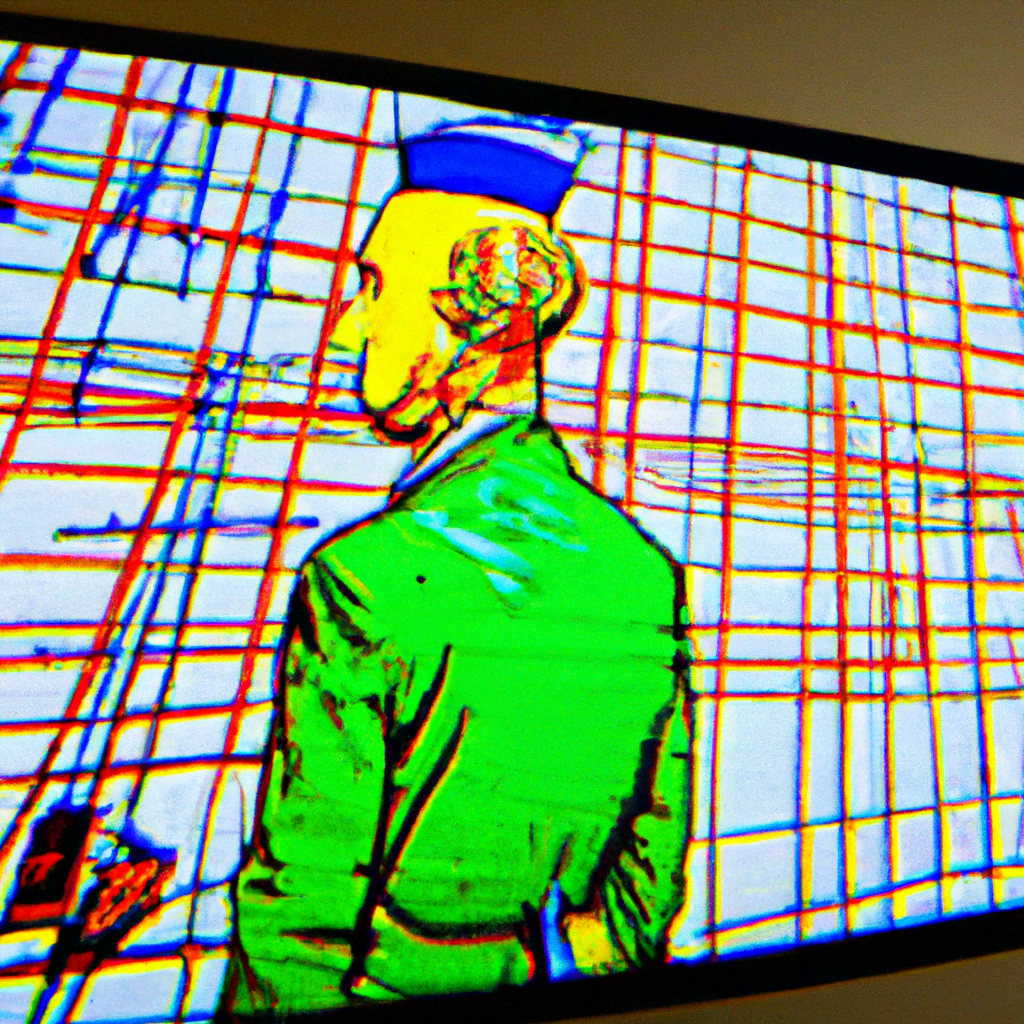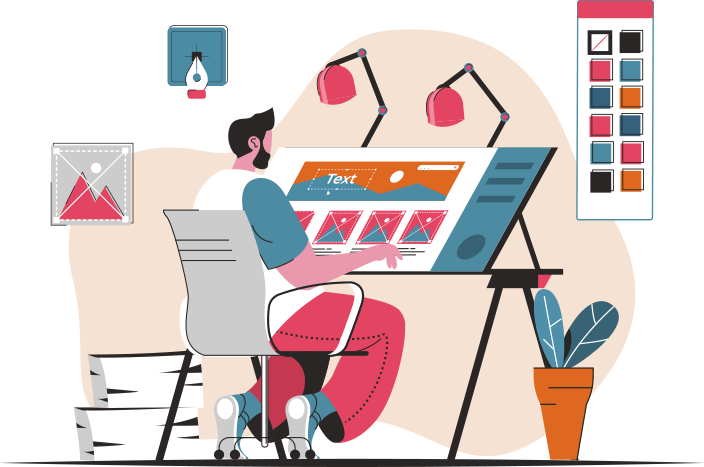
AI-Enhanced Design Collaboration and Project Management

Artificial Intelligence (AI) has revolutionized various industries, and design collaboration and project management are no exceptions. With the integration of AI technologies, design teams can enhance their collaboration efforts, streamline project management processes, and achieve better outcomes. This article explores the benefits of AI-enhanced design collaboration and project management, along with real-world examples and statistics that highlight its effectiveness.
The Role of AI in Design Collaboration
Design collaboration involves multiple stakeholders working together to create and refine designs. AI technologies can significantly improve this process by providing intelligent tools and features that enhance communication, creativity, and efficiency. Here are some key ways AI enhances design collaboration:
1. Intelligent Design Tools
AI-powered design tools can analyze user input, understand design objectives, and provide intelligent suggestions and recommendations. For example, Adobe Sensei, an AI platform, offers features like content-aware fill and auto colorization, which help designers save time and make more informed decisions. These tools can also assist in automating repetitive tasks, allowing designers to focus on more creative aspects of their work.
2. Real-Time Collaboration
AI enables real-time collaboration by providing platforms and tools that allow designers to work together seamlessly, regardless of their physical location. For instance, Figma, a cloud-based design tool, uses AI to enable multiple designers to work simultaneously on the same project. This eliminates the need for time-consuming file transfers and ensures that everyone is working on the latest version of the design.
3. Natural Language Processing
Natural Language Processing (NLP) is a branch of AI that enables computers to understand and interpret human language. NLP can be used in design collaboration to facilitate communication between team members. For example, chatbots powered by NLP can answer design-related questions, provide feedback, and even suggest design improvements based on user queries.
AI in Project Management
Project management involves planning, organizing, and executing projects to achieve specific goals. AI technologies can enhance project management processes by automating repetitive tasks, providing data-driven insights, and improving decision-making. Here are some ways AI is transforming project management:
1. Automated Task Management
AI can automate various project management tasks, such as scheduling, resource allocation, and progress tracking. For example, project management platforms like Trello and Asana use AI algorithms to automatically assign tasks, set deadlines, and notify team members about upcoming deadlines or potential delays. This automation saves time and reduces the risk of human error.
2. Predictive Analytics
AI-powered predictive analytics can analyze project data, identify patterns, and make accurate predictions about project outcomes. This helps project managers make informed decisions and take proactive measures to mitigate risks. For instance, AI algorithms can analyze historical project data to predict potential bottlenecks or resource constraints, allowing managers to allocate resources more effectively.
3. Intelligent Resource Management
AI can optimize resource management by analyzing data on team availability, skills, and workload. This enables project managers to allocate resources efficiently and ensure that the right people are assigned to the right tasks. AI algorithms can also identify skill gaps and recommend training or hiring strategies to address them.
Real-World Examples
Several companies have already embraced AI-enhanced design collaboration and project management, experiencing significant improvements in their workflows and outcomes. Here are a few notable examples:
1. Airbnb
Airbnb, the popular online marketplace for vacation rentals, uses AI to enhance its design collaboration efforts. The company developed a tool called Sketching Interfaces with Code (SIC), which uses AI to transform hand-drawn sketches into code. This tool enables designers and developers to collaborate more effectively, reducing the time and effort required to convert designs into functional code.
2. NASA
NASA has been leveraging AI technologies to improve project management and collaboration within its space exploration programs. The agency uses AI algorithms to analyze vast amounts of data collected from space missions, enabling scientists and engineers to make data-driven decisions. AI also assists in automating routine tasks, such as data processing and analysis, allowing NASA teams to focus on more complex challenges.
3. Slack
Slack, a popular team communication platform, integrates AI features to enhance collaboration and project management. The platform uses AI algorithms to analyze user behavior and provide personalized recommendations for channels, groups, and conversations. This helps teams stay organized, find relevant information quickly, and collaborate more efficiently.
Statistics on AI-Enhanced Design Collaboration and Project Management
Statistics further highlight the effectiveness of AI-enhanced design collaboration and project management. Here are some noteworthy figures:
- According to a survey by Adobe, 62% of creative professionals believe that AI and machine learning will significantly impact their roles in the next five years.
- A McKinsey report states that AI can automate up to 45% of tasks currently performed by project managers, allowing them to focus on more strategic activities.
- Research by Gartner predicts that by 2024, AI will be a standard feature in 65% of project management tools.
- A study conducted by Deloitte found that organizations that embrace AI in project management experience a 23% reduction in project duration and a 21% increase in on-time project delivery.
Conclusion
AI-enhanced design collaboration and project management offer numerous benefits, including improved communication, enhanced creativity, and streamlined workflows. By leveraging AI technologies, design teams can work more efficiently, produce better designs, and achieve project goals more effectively. Real-world examples from companies like Airbnb and NASA demonstrate the tangible impact of AI in these areas. As AI continues to advance, it is crucial for design professionals and project managers to embrace these technologies to stay competitive and drive innovation in their respective fields.
